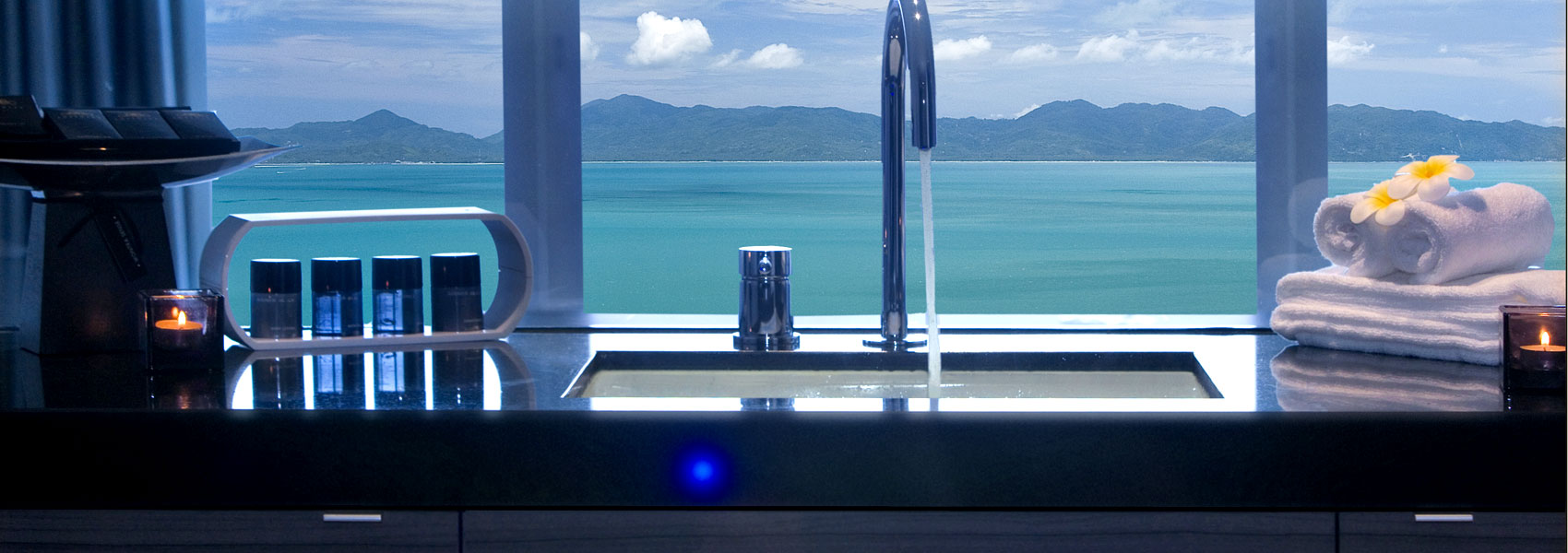Under the current laws of Thailand, foreign ownership of land is restricted. The Land Code of Thailand generally prohibits the ownership of land by foreigners within the Kingdom; this applies to both individuals and legal entities. However, there are different ownership structures which allow a foreigner to acquire real estate in Thailand.
In the past, foreigners have often established a Thai company to purchase freehold land ownership. This is still a method often used by other project developers. To be considered as a Thai company, at least 51% of the shares needs to be in hands of Thai people. However, the Thai authorities are currently closely scrutinizing every land transaction involving a company to ensure that the company is truly a legitimate Thai company (Thai shareholders must actually invest monies into the Thai company and this could be investigated by the authorities through their income tax returns, etc.). Due to the latest evolutions we wouldn’t really recommend going down this road. We have therefore set up a leasehold structure which gives you the same protection as a freehold structure. In addition, our leasing contracts provide the right to convert the leasehold interest into a freehold interest if changes in Thai legislation were ever to allow it.
Leasing is a popular and straightforward option to acquire property. The maximum duration of a lease permitted under Thai law for non-commercial use is 30 years, renewable for two additional terms of 30 years if contractually agreed.
To ensure that the lease will be renewed after 30 years, we provide the following structure, which gives additional protection to an ordinary lease contract i.e. we offer the property with a leasehold structure in combination with a subscription to a certain number of shares in the Thai company owning the land on which the property is built and which leases the land to the different owners of the property. This structure makes it more secure for the lessees of the land, because they are also indirectly the “joint-landlords”. As the land owning company as lessor is jointly controlled by the owners, there is the added protection that a lease will be renewed.
Government Transfer Fee: 2% of the appraised value of the property.
Leasehold registration Fee: the lease registration fee is equivalent to 1.1% of the total lease cost.
Specific business tax shall be collected from the sale of real estate for trade or profit purposes at the rate of 3.3% of the appraised value or the actual purchase price, whichever is the highest. However, this may or may not be payable depending on certain issues. If an individual buys or sells property within the first five years, it is normally subject to this tax. There is one exception: if the property is your principle place of residence and you have been on this property’s household registration for at least one year. If the property has been held for more than five years, you do not have to pay this tax.
Withholding tax: a tax payable by the seller of a real estate to the Land Department at the time of sale.
If you don’t like cold winters, Thailand is a viable option for seniors with a bit of adventure in their blood. Thailand has special regulations for seniors. If you’re over 50 years of age, you can apply for a long term visa in Thailand. There are some conditions you have to comply with, e.g. you are not allowed to work and you may not have a criminal record. Also, one of the important conditions is that you need to have 800,000 THB in a Thai bank account.
For further information visit : www.mfa.go.th
Thailand has world-class hospitals in Bangkok such as Bumrungrad, Bangkok Hospital and many others, also in Samui (www.samuihospital.com) and across the Kingdom providing a 24-hour service. They are staffed with English speaking doctors, nurses and technicians. The costs of treatment are very competitive and many foreigners now fly in to Thailand for procedures from all over the region.
Please check the web-site of The Revenue Department of Thailand for the current rates.
For further information visit : http://www.rd.go.th
Temporary visiting visas of 1 month are granted to most nationalities on arrival in Thailand. Foreigners can also apply for a 1-year multi-entry non-immigrant visa. On completion of three consecutive years of non-immigration status foreigners can be eligible to apply for permanent residency.
Yes, Thailand has a sophisticated vehicle sale, leasing and servicing industry. There is a competitive rental and sales market and many dealers and distributors offer financing. A buoyant second hand market also provides cost effective options.
Residents can apply for a work visa and there are many agencies and law firms that specialize in assisting foreigners in this process.
Foreigners with residency visas can apply for local Thai driving licenses at the local office of the ministry of transport. A full overseas driving license, identification and a small fee are required. There are agencies and law firms providing this service.
Yes, even several, there are some English-speaking international schools and now there is also a French-speaking school.



